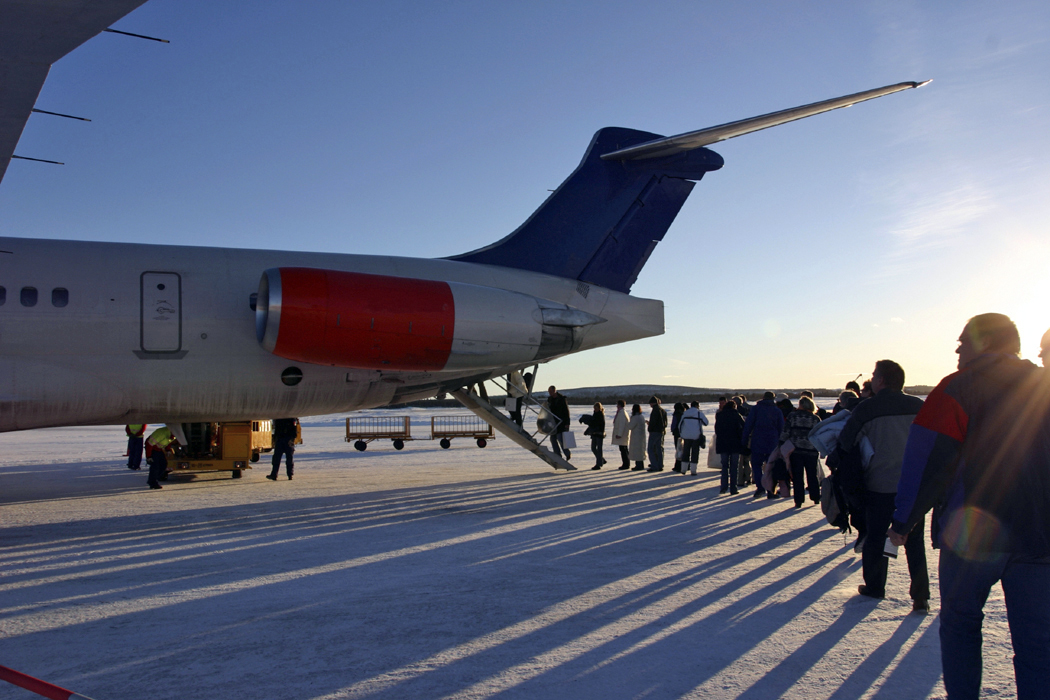Robo-ferret sniffs out drugs and bombs
Designed to hunt through cargo containers for illegal stuff

Britain's borders could soon become even safer, thanks to an army of robotic ferrets.
The 30cm-long robo-ferret will be the world's first cargo-screening device able to pinpoint all kinds of illicit substances, and is the first designed to operate inside standard freight containers.
When placed inside a steel container, the ferret attaches itself magnetically to the roof, then automatically moves around and seeks out contraband, sending a steady stream of information back to its controller.
It's got laser eyes!
The ferret's creators at the University of Sheffield are developing laser and fibre optic sensors that can detect tiny particles of illegal substances at much lower concentrations than is currently possible.
Cargo scanners currently in use at seaports and airports only generate information on the shape and density of objects or substances. The ferret, however, will be able to provide information on what they actually consist of as well, revealing the presence of drugs, weapons and bombs.
It will even spot illegal immigrants. Today, it is difficult to detect people hidden in freight containers (using X-rays is prohibited due to the harm the radiation could do to anyone concealed there). Sensors on board the ferret will be able to detect tiny traces of carbon dioxide from their breath.
Get daily insight, inspiration and deals in your inbox
Sign up for breaking news, reviews, opinion, top tech deals, and more.
It can drop small probes!
"It's essential we develop something which is simple to operate and which Border Agents can have total confidence in," says Dr Tony Dodd, who is leading the project. "The ferret will be able to drop small probes down through the cargo and so pinpoint exactly where contraband is concealed."
The 3-year project 'Cargo Screening Ferret' began in October 2008 and is receiving total Engineering and Physical Sciences Research Council (EPSRC) funding of nearly £732,000.
Working prototypes of the robo-ferret could be ready for testing within two years, with potential deployment within around five years.
Mark Harris is Senior Research Director at Gartner.